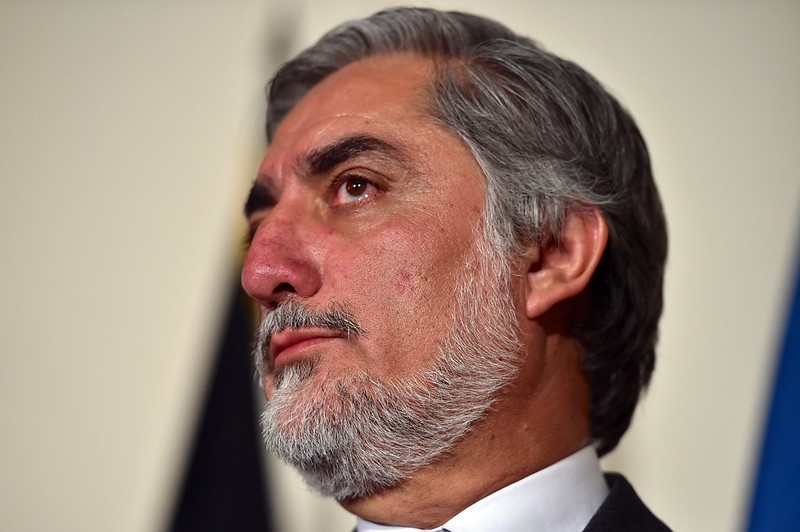Can the Improved Pakistan-Afghanistan Relationship Save the Afghan Peace Process?
By Umair Jamal
December 16, 2020, the CACI Analyst
The visit of Abdullah Abdullah, head of Afghanistan’s High Council for National Reconciliation, to Pakistan in late September was considered a major shift in Kabul’s approach towards Islamabad. This was Abdullah’s first visit to Pakistan in his new role as the Afghan government’s top negotiator in the intra-Afghan peace talks. When serving in the previous administration as the Chief Executive Officer of the Unity Government, Abdullah declined several invitations to visit Pakistan. During the visit, Pakistan promised to push the Taliban to reduce violence and to support an “Afghan-led and Afghan-owned peace process” – which Abdullah has demanded for years. The ongoing push from both sides is intended to build trust and could prove to be a game changer for the Afghan peace process.

Deeper Afghanistan-India cooperation must not isolate Pakistan
By Sudha Ramachandran
December 15th, 2016, The CACI Analyst
India-Afghanistan relations have warmed considerably in recent months. During Afghan President Ashraf Ghani’s visit to Delhi in mid-September, the two countries deepened their defense and security co-operation and signed an extradition treaty. India also pledged US$ 1 billion towards capacity building in Afghanistan. A few days later, when the Lashkar-e-Taiba, a terrorist group with close links to Pakistan’s Inter-Services Intelligence (ISI), attacked an Indian Army base at Uri in Jammu and Kashmir, Afghanistan came out strongly in support of India. The renewed Delhi-Kabul bonding is likely to have stirred Islamabad’s anxieties. ISI and its terrorist protégés could step up attacks in Afghanistan and India in the coming months.



